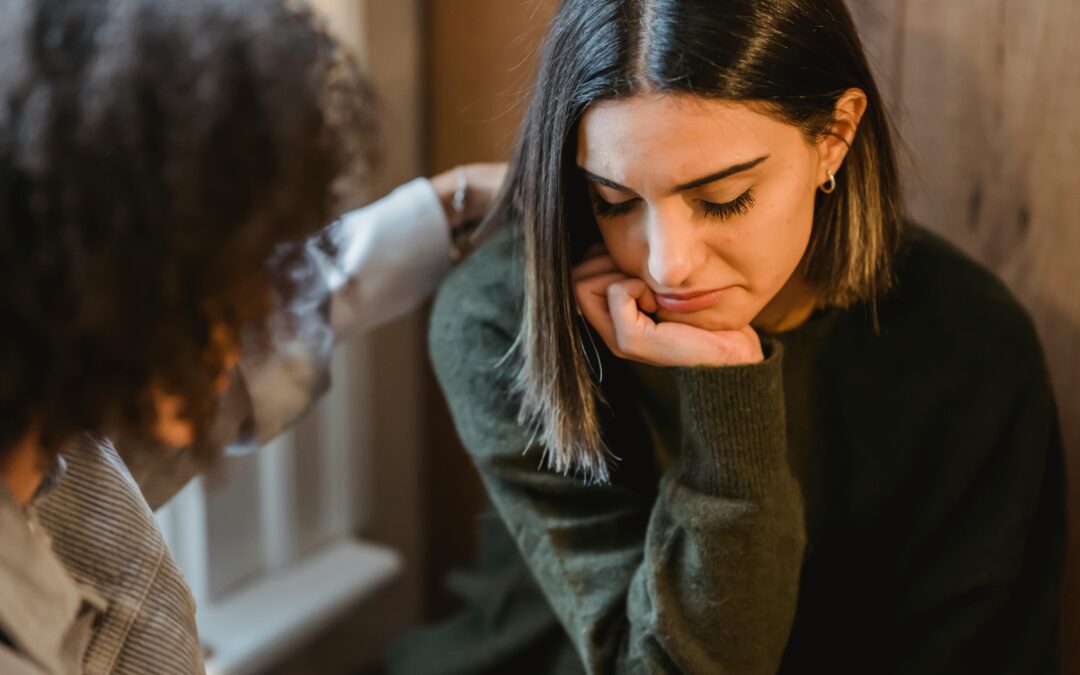Disenfranchised grief occurs when a person has experienced a deep and meaningful attachment, experienced loss, and cannot openly acknowledge or grieve the loss or have it validated by others (Doka, 1989; Stroebe et al., 2008). It might be erroneously thought that disenfranchised grief occurs only in clandestine relationships involving gay or lesbian lovers who have not come out or two married people carrying on an affair. However, cultural and societal norms may also forbid- or at least not sanction- displays of grief between coworkers, men, various types of professionals such as medical doctors, and other people who should “keep it together” or “not care all that much.”
(James & Gilliland, 2013, p. 416)
A dysgeusic whisper. “That baby was going to be so loved.” Echoes attenuate through the aseptic hospital hum.
The nurse fixed her eyes and the IV.
The mother, seized by her own echo, texted her coworkers that she couldn’t see patients tomorrow.
The father flashed his phone: a mansion and sparkling Caribbean waters. “We’ll go here in 4 weeks…This weekend I’ll leave for a friend’s wedding.”
Their toddler wondered: “Where’s my sister? And where’s my dad? And Mama…what are you feeling?”
Which character strikes you most? Which experiences disenfranchised grief? What other subtleties do you see? What do you think that says about your experience of loss and how you can relate to others’ experience of loss?
Reference
James, R. K., & Gilliland, B. E. (2013). Crisis intervention strategies (7th ed.). Belmont, CA: Brooks/Cole.
Dr. Lacey L Robinson, is a graduate of Wake Forest University and UNC-Chapel Hill School of Dentistry. As a lifelong learner, she continues to enjoy studying for both personal and professional development. As a dentist, her passion is on how best to restore full-mouth smiles with predictable, harmonious, and esthetic results. She acts as Vice President for her local ADA Dental Society and is a graduate of the Dawson Academy, a leading international organization for post-graduate dental education.
In addition, Dr. Robinson is passionate about clinical mental health counseling and is enrolled in Wake Forest University’s Master’s in Mental Health Counseling online program. She currently volunteers in our community with individuals and families experiencing trauma, and she is enthusiastic about helping others define their purpose and live out their best selves.
Dr. Robinson also advocates for our community through her service as Chairwoman of the City of Havelock Cultural Arts Advisory Committee, as ex-offico Chairwoman of the Havelock Chamber of Commerce, and through her service on the Board of Directors for Coastal Women’s Shelter.

